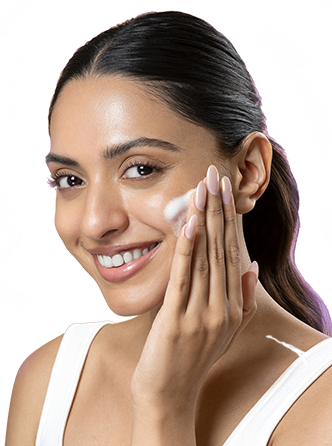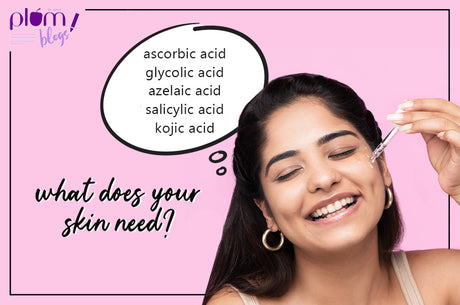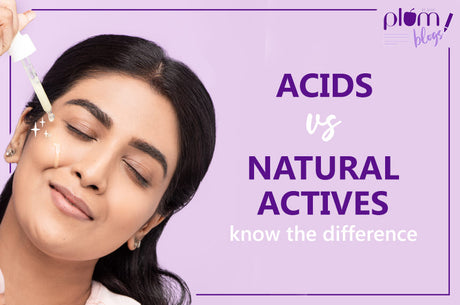
If you’re wondering whether tea tree oil can help treat dandruff because you’ve heard people speak about it, but you’re still not sure if it’s true, then you’re in the right place to educate yourself on this topic.
How is Tea Tree Oil Made?
The oil used in skincare and haircare products from tea trees is most commonly extracted through a steam distillation process.
Tea tree oil is also commonly known as tea tree essential oil or melaleuca oil. It grows on the continent of Australia mostly along the southeastern coastal areas.
Traditionally, this oil was used by the aboriginals as herbal medicine and an antiseptic. They used to crush the leaves to remove the oil and directly apply it on their skin or inhale it to treat conditions like cough and cold.
Can tea tree oil help treat dandruff?
Absolutely yes! Dandruff occurs when there is a buildup of dead skin cells, dry skin from flaking, and excessive oil on the scalp.
The antibacterial and antifungal properties of tea tree oil will help cleanse out your hair, keep it moisturized, and help hair to grow at a normal rate to prevent excess hair fall.
Why is Tree Tea Oil Beneficial to Treat Dandruff?
There has been significant evidence through studies and research done on tea tree oil and its benefit for hair and skin health:
- It has many important compounds, one of which is named terpinen-4-ol. This compound has been proven to eliminate various bacteria, viruses, and fungi. So, this compound in tea tree oil helps fight the overgrowth of the fungi present on our scalp and skin known as Malassezia furfur. Terpinen-4-ol also boosts the performance of white blood cells which in turn can fight against other germs.
- The antiseptic properties of tea tree oil are great to heal damage from itching your scalp. White blood cells are vital in the healing process. Since tea tree oil promotes the effectiveness of white blood cells, it naturally speeds up healing.This property of the tea tree oil makes it a suitable antifungal and antibacterial treatment for dandruff.
- This oil is also capable of reducing and soothing skin inflammation. When you might be suffering from skin irritation due to itching or contact dermatitis where you come in contact with an allergen, tea tree oil has been shown to decrease the symptoms and soothe the skin.
Check out our tea tree haircare range loaded with science-based natural dandruff-fighters. We say NO to ingredients like Zinc Pyrithione as prolonged use of ZPT can irritate the scalp (commonly found in anti-dandruff formulas)
Is It Safe to Use? What Are the Risks Involved?
Tea tree oil is safe to use if you follow the correct method to use it. It is great as a topical product, but should not be consumed through the mouth as this can cause serious issues like confusion, coma, breathing problems, and possibly lack of muscle co
Another thing you need to keep in mind is to always look for fresh tea tree oil and products with it that are well below the expiry/best before date. This is a rule you should follow not just for tea tree oil but any oil in general. If oils get oxidized, they can be really harmful.
There is no conclusive study to show that tea tree oil is harmful to pregnant or breastfeeding women, but it is always advisable to consult your doctor before you do it if you’re in any one of the conditions mentioned.
FAQs
Q1. Does tea tree oil help in hair regrowth?
Tea tree oil has powerful cleansing, antibacterial, and antimicrobial properties. When used topically, it can help unplug hair follicles and increase hair growth.
Q2. Is tea tree good for ethnic hair?
Yes, experts agree that tea tree oil is safe to use for all types and textures of hair.

















